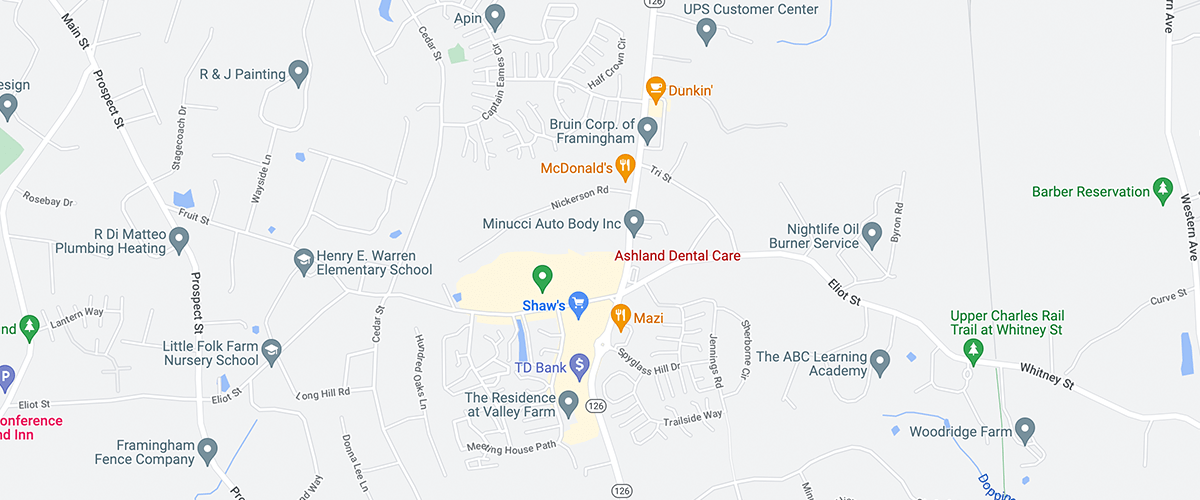Post Oral Surgery: Signs of Infection
January 8th, 2020

Oral surgery can be intimidating, especially if you show any signs of an infection afterwards. Dr. Adam Persky and our team want you to be informed about what to watch for after you’ve undergone surgery.
Oral surgery procedures are intended to reduce pain and prevent infection. Sometimes complications occur after your surgery, and if infection ensues, it will require swift medical attention.
People undergo oral surgery for many reasons, such as:
- Impacted or infected teeth
- Tooth loss, jaw problems
- Facial injuries or infections
- Birth defects
- Sleep apnea
Symptoms of Infection
- Pain that won’t go away with medication
- Steadily swelling of gums, jaw, or face
- Redness or oozing of pus from the area
- Fever that doesn't subside
- Difficulty opening the mouth or jaw
- Excessive bleeding for 24 hours
- Difficulty breathing or swallowing (emergency situation)
After the initial surgery, don’t become worried right away if you notice any of these symptoms. It’s normal to show some blood and swelling after surgery, but that should stop fairly soon with the help of gauze and medication.
You will most likely be numb from the procedure and we will advise you to avoid hard foods for the first day. Pain medication will be administered, and you should take it before you begin to notice pain. A cold compress can also help with swelling and initial pain.
You will be advised not to brush your teeth in the region where the surgery occurred. You may use a prescription mouth rinse, or you can gargle with warm salt water to reduce the swelling. If you follow these directions, you can speed the healing process for a quick recovery.
Don’t fret: a post-surgery infection is not a common development. It happens most often to people who have a compromised immune system or diabetes. Let Dr. Adam Persky know beforehand if you have either of these and we may prescribe an antibiotic to help prevent the spread of infection in the areas of your mouth that get worked on.
If you think you may be experiencing complications after a surgery, please don’t hesitate to reach out to our Ashland office for advice.



